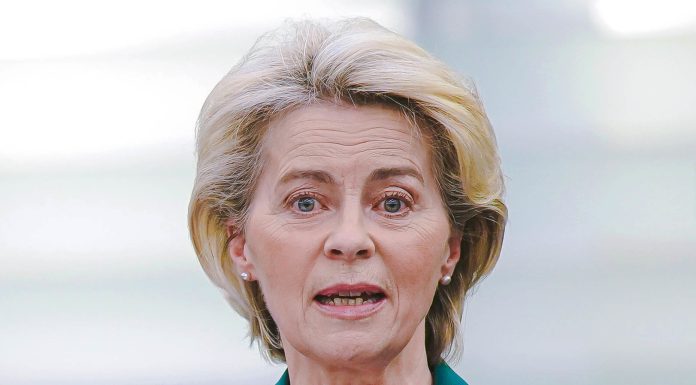By Bill Wirtz, Policy Analyst at the Consumer Choice Center
Under the Belgian Presidency of the European Union, the European Council is seeking to clarify the rules applicable to online influencers. We’ve all seen them: people who pop up on our news feed, telling us a fantastic story about a new charger they’re using, a great holiday destination they’ve discovered or a tough new backpack they’ve tried.
That’s why many social media platforms have not only created tools to flag advertising content, but also updated their guidelines to restrict advertising that isn’t labelled as such.
In June, France introduced stricter regulations for online influencers to reduce risks to the public, this while questions remain over whether this is reconcilable with EU law, following a Commission opinion in August.
In December, the Italian competition authority (AGCM) tightened its rules on influencers, while Spain and Belgium are considering adopting national legislation on influencers. In this context, the adoption of rules at EU level would make it possible to avoid a fragmented patchwork of national regulations. Hence the Belgian Presidency’s idea to harmonise European rules in this area.
But what should these rules be? That’s where things get complicated…
In Greece, a scandal involving an Athens beauty clinic has raised fresh questions about the scrutiny influencers are subject to or not. 👇https://t.co/y1nkuFRvX2
— Balkan Insight (@BalkanInsight) April 3, 2024
Is there a need for compliance?
Let’s take the example of Capucine Anav, a French influencer who was nabbed by the regulator for advertising “anti-wave” patches to put on phones. On BFMTV, Anav explains herself rather poorly, claiming that she wasn’t aware of the specific rules, nor of the fact that these anti-wave patches are an unscientific farce.
Another example is Simon Castaldi, an Instagram influencer who forgot to put his “#sponsored” hashtags under his posts. He was then forced by the Répression des Fraudes (DGCCRF) to post that he had broken the rules on influencers. On television, he insisted that many influencers ignore the rules, as their popularity often arrives on their doorstep faster than they can learn the ethical guidelines of advertising.
Ultimately, two things can be true at once.
Influencers, if they can write invoices and think of clever ways to advertise products, can also think about understanding the laws surrounding their profession and act diligently when promoting products that appeal to a wide audience. At the same time, it also seems harsh to treat Instagram personalities with the same severity as we do marketing agencies, who produce content for major TV channels and have the resources to employ lawyers to ensure all content is compliant.
That said, the problem is not just compliance, but the need for compliance. For many decades, undisclosed advertising has been present in films. Remember Daniel Craig drinking a bottle of Heineken in the James Bond films? The mere fact that he drives an Aston Martin is also advertising. No one has made an issue of it, because these film studios bring in millions of euros in taxes and promote cities and countries through the films. What’s more, we’ve never taken consumers for fools, to the point of not understanding that Samuel L. Jackson and John Travolta only mentioned McDonald’s in Pulp Fiction because the producers were paid to do so.
We don’t need to have the hashtag “sponsored” in front of us at the cinema to realise that we’re being advertised. In many cases on social media, we don’t need a detailed disclaimer either. Platforms should be able to decide how they want to manage their influencers on their platform.
Falsehoods
Still, there is regulatory responsibility in some cases, but it should be purely limited to the purpose of preventing allegations of false advertising – because if influencers promise a feature of a service or product that is not just hyperbolic, but factually incorrect, the company and the spokesperson should be able to be held accountable. For the rest, there is no reason for the regulator to take a close interest in the guidelines of the social media giants.
The influencer market has also shown the extent to which the government is content to manage systems and procedures from the past, not those of the digital age. By over-bureaucratising accounting and registration procedures for influencers, rather than offering easy digital reporting, the state is showing that it is lagging behind a model that increasingly allows people to have multiple and flexible income streams.
Influencers and advertising can be annoying. But unlike with government bureaucracy, we can simply opt to close the pop-up ads…
Originally published in French on La Chronique Agora
Disclaimer: www.BrusselsReport.eu will under no circumstance be held legally responsible or liable for the content of any article appearing on the website, as only the author of an article is legally responsible for that, also in accordance with the terms of use.













